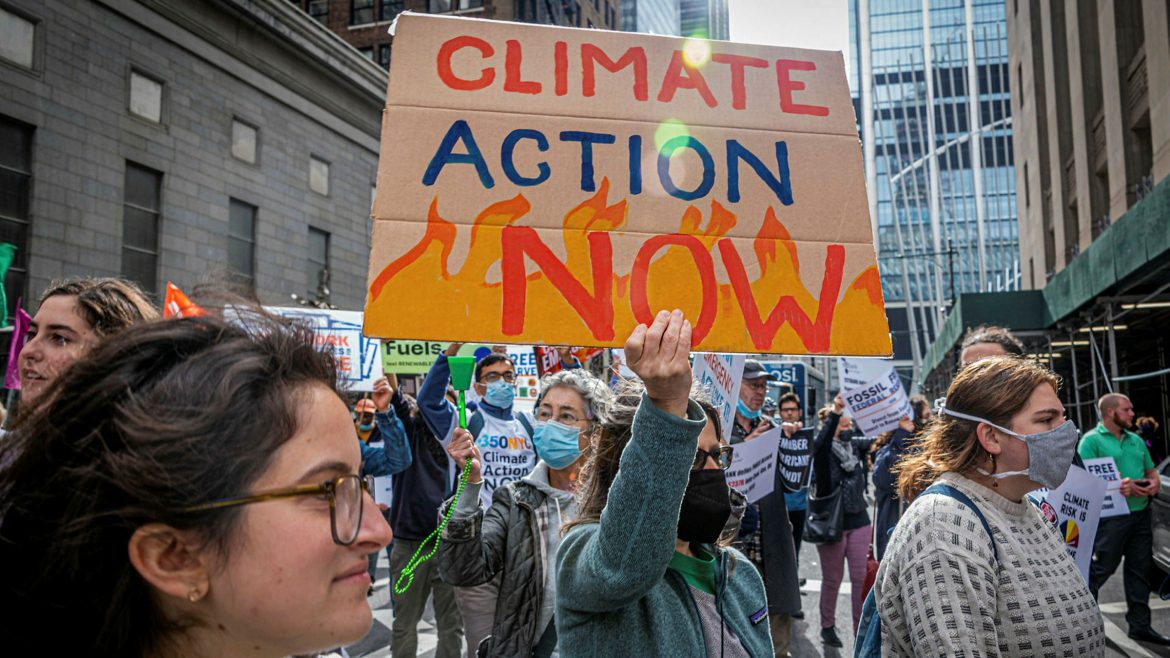Activists have expressed worries about the possibility of greenwashing and more delays in taking action on climate change as oil and gas CEOs mingle with political leaders in Davos this week.
The World Economic Forum’s 2023 conference is taking place this week in the Swiss Alpine resort of Davos, where more than 50 heads of state, representatives of global organizations, and business executives are gathering.
The theme of the conference for this year is “Cooperation in a fragmented world,” which alludes to the numerous crises and geopolitical unrest roiling the world as Russia’s war in Ukraine enters its second year.
Climate change is a major topic of discussion on the programme, but environmentalists worry that as oil and gas CEOs mingle with world leaders, greenwashing will take centre stage.
According to Ugandan climate activist Vanessa Nakate, “Davos is of course dominated by a wealthy group of people.”
“Oil and gas CEOs are invited into the forum to greenwash their businesses. It’s not hard to be cynical about the prospects for climate justice after spending a week there,” she added.
Read also: Ethiopia to develop “green culture” to combat climate change
In the coming days, activists like Nakate and the Swedish climate campaigner Greta Thunberg are expected to go to Switzerland to deliver a “cease and desist” letter to oil and gas CEOs requesting that they halt all new oil and gas projects.
“If you fail to act immediately, be advised that citizens around the world will consider taking any and all legal action to hold you accountable. And we will keep protesting in the streets in huge numbers,” the activists say in the letter, addressed to fossil fuel CEOs.
On her part, chair of the non-profit initiative VentureESG, Desiree Fixler, said the upcoming Davos meeting would feature “double-talking” and “mixed messages” by corporate executives.
According to her, there will be statements like: “we’re still committed to net-zero but we have to manage this transition and take into account the accelerating cost of living, so we have to stay invested in fossil fuels.”
She emphasized that it is impossible to engage in new fossil fuel projects and adhere to the promise to net zero at the same time.
According to Rachel Kyte, a British academic and dean of the Fletcher School at Tufts University, the blame doesn’t lie only with corporate leaders.
“I just get the feeling that corporate leaders are feeling the pressure from all sides,” Kyte stated, adding that well-intentioned corporate leaders are frustrated because government action is slow in giving regulatory certainty, forcing them to “voluntarily make up the rules as we go along”.
In essence, Kyte said she was not expecting anything meaningful to come out of Davos.
Story was adapted from Climate Home News.
